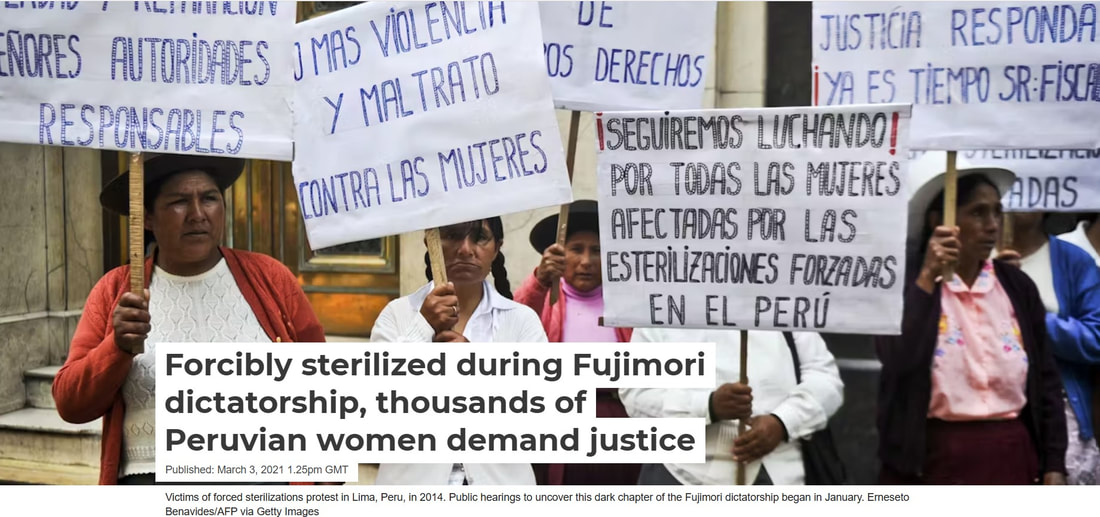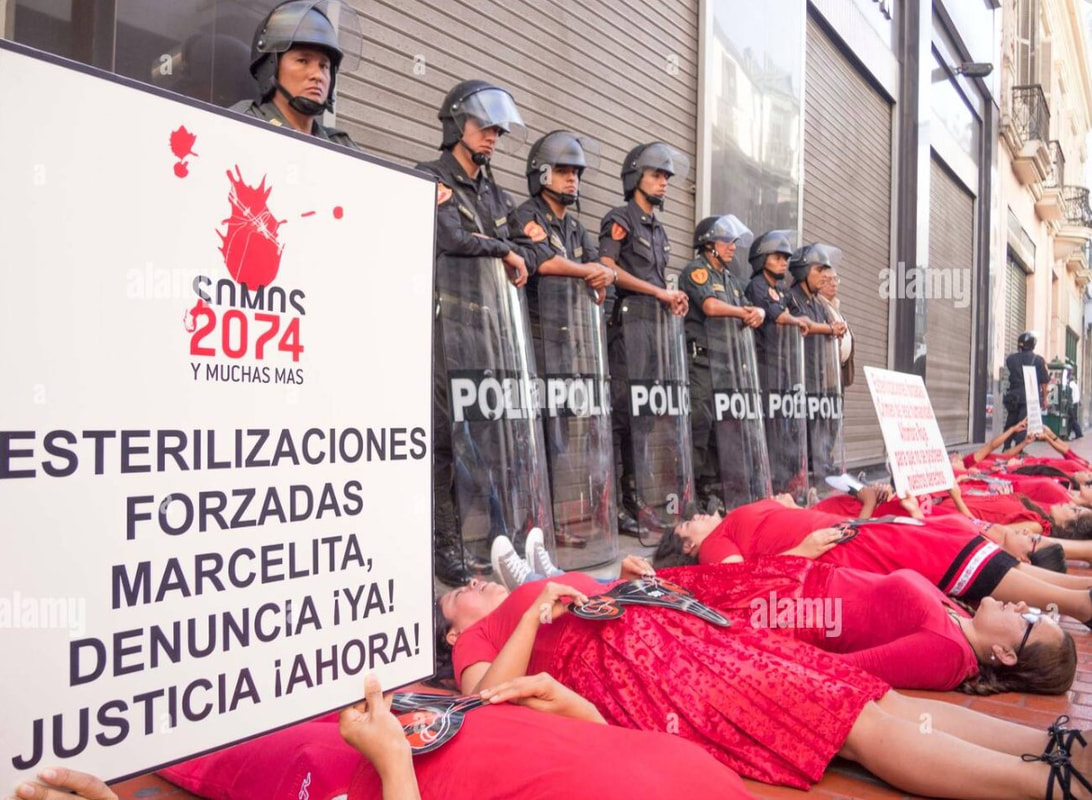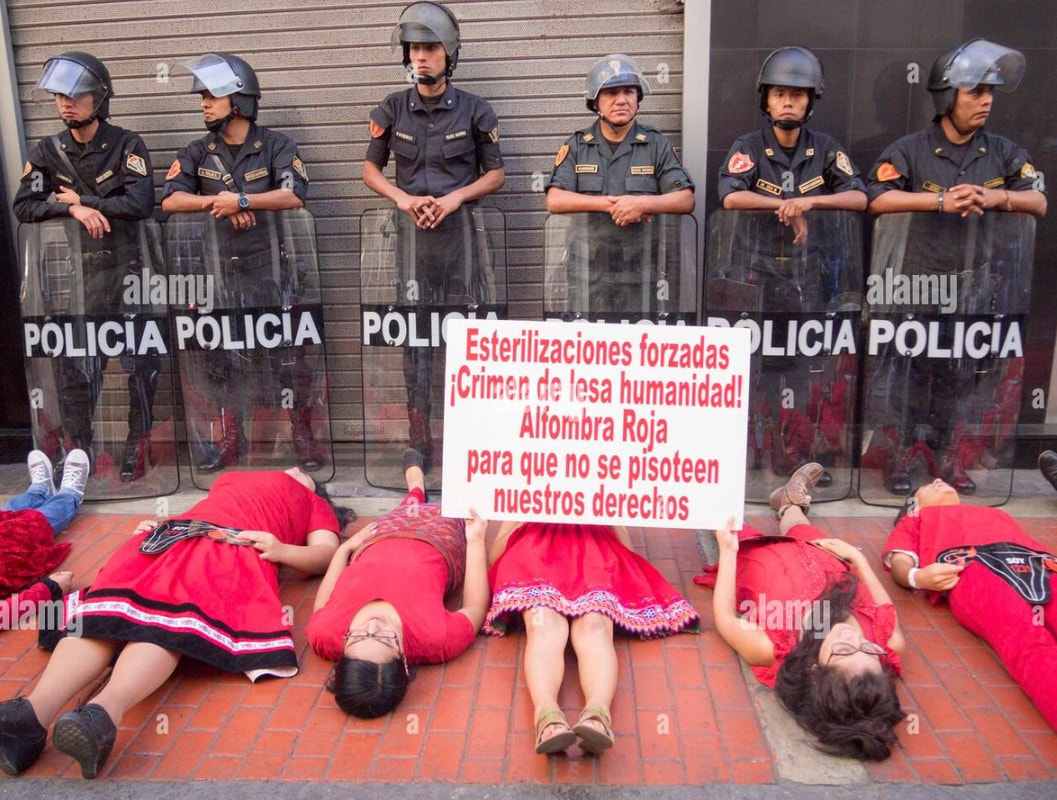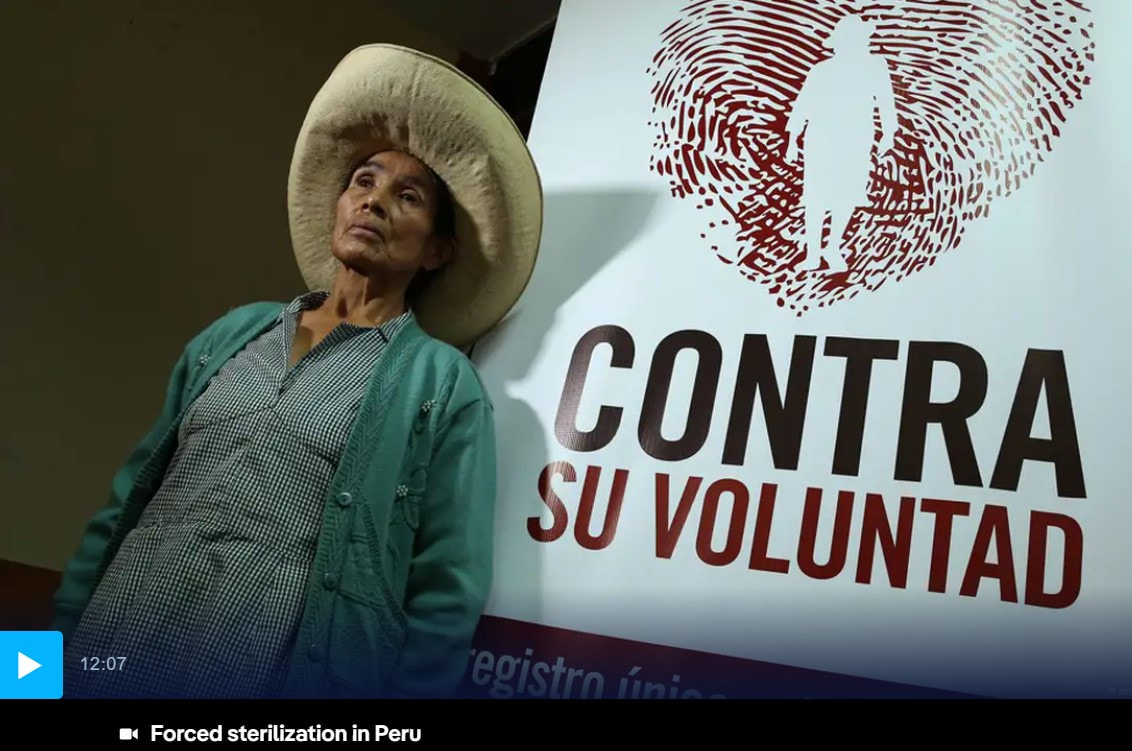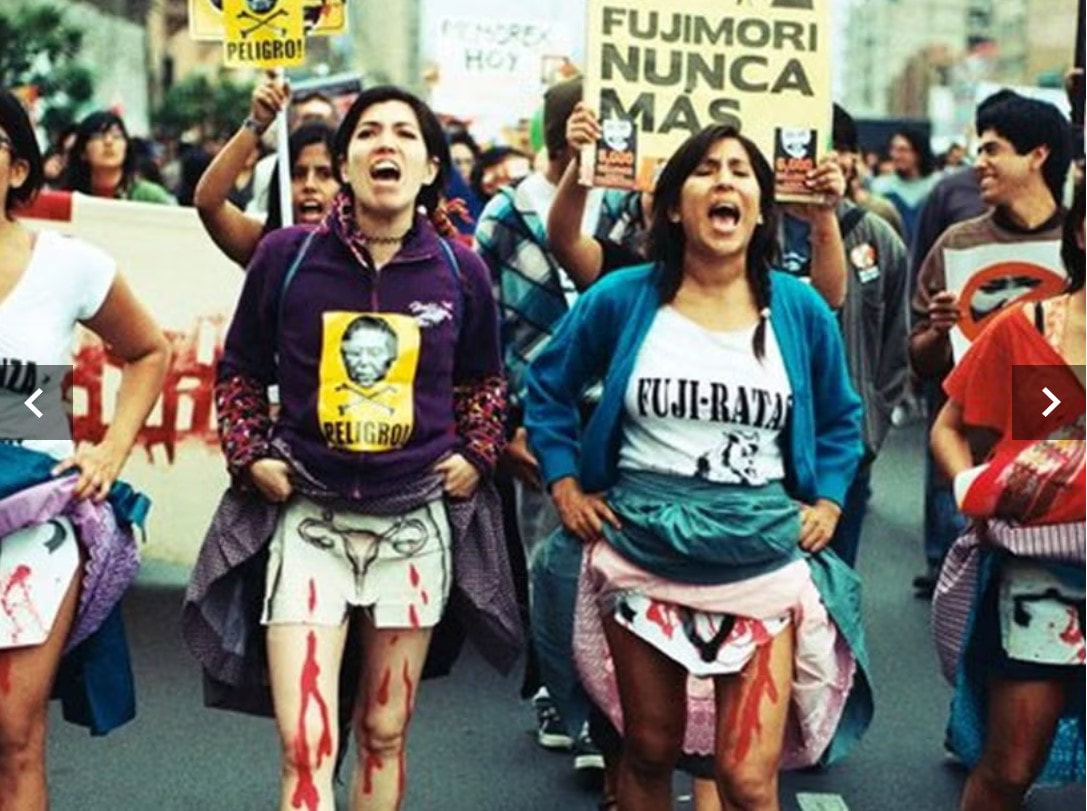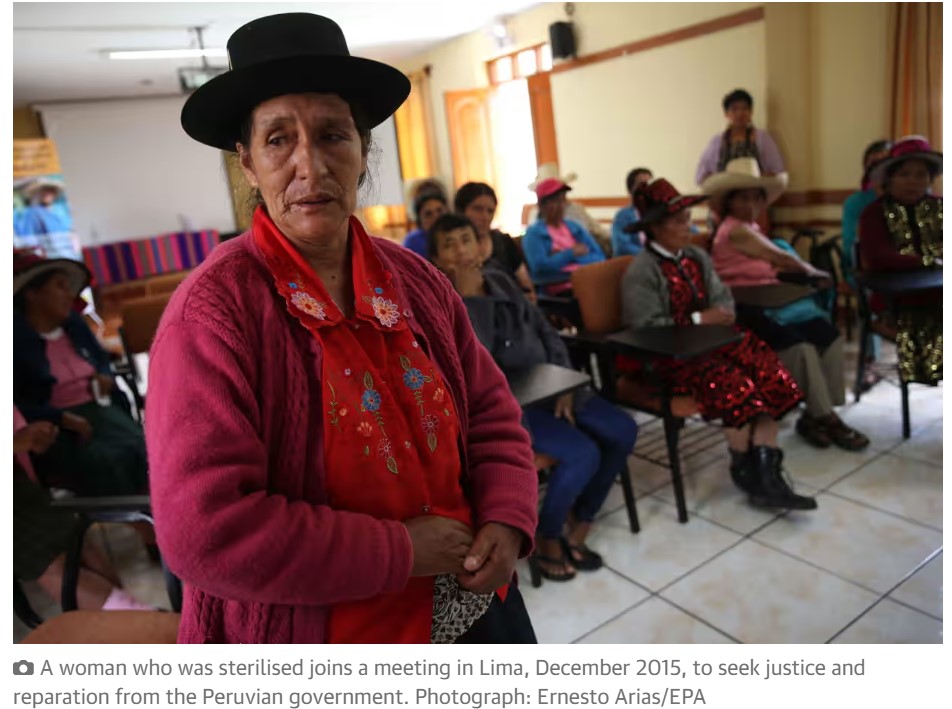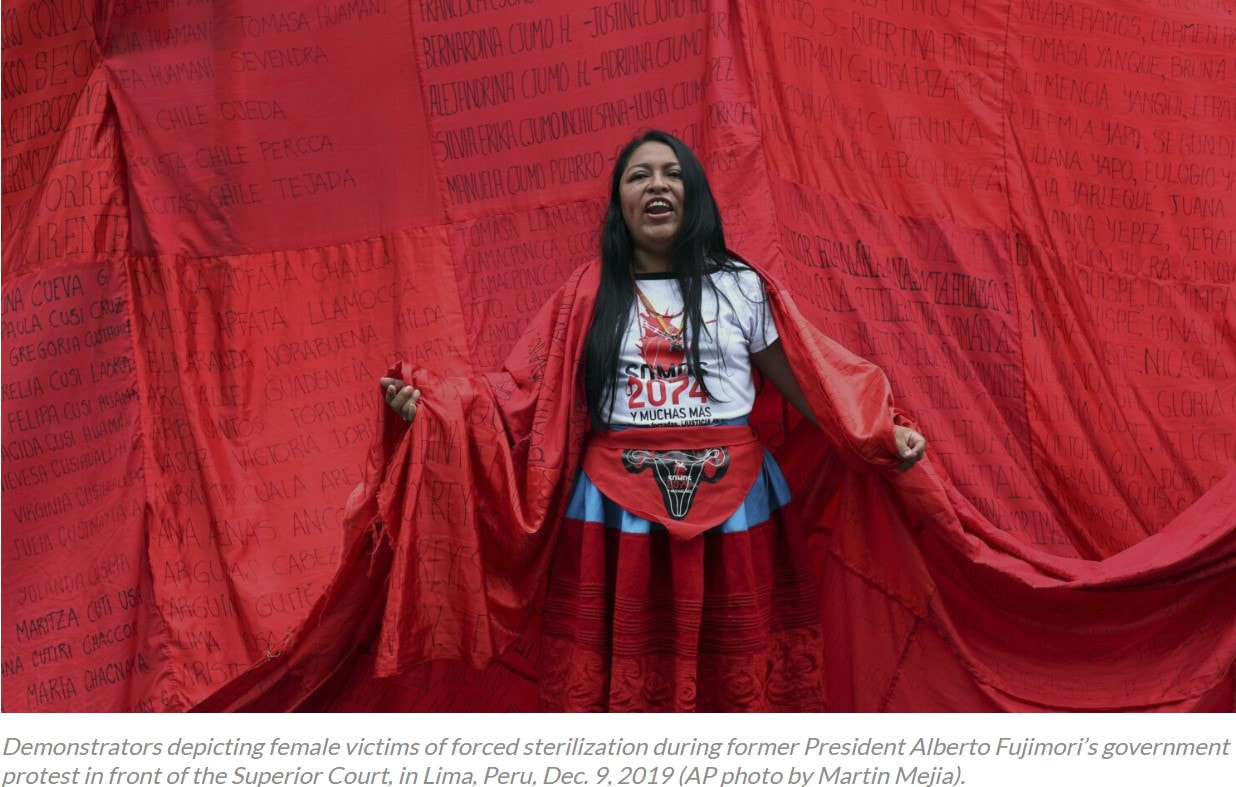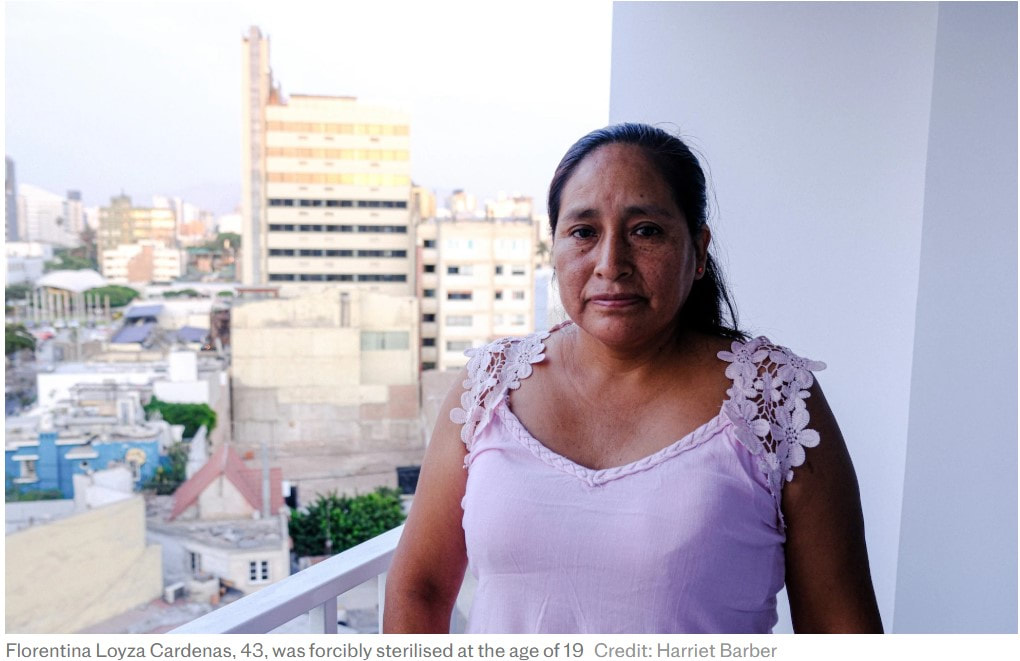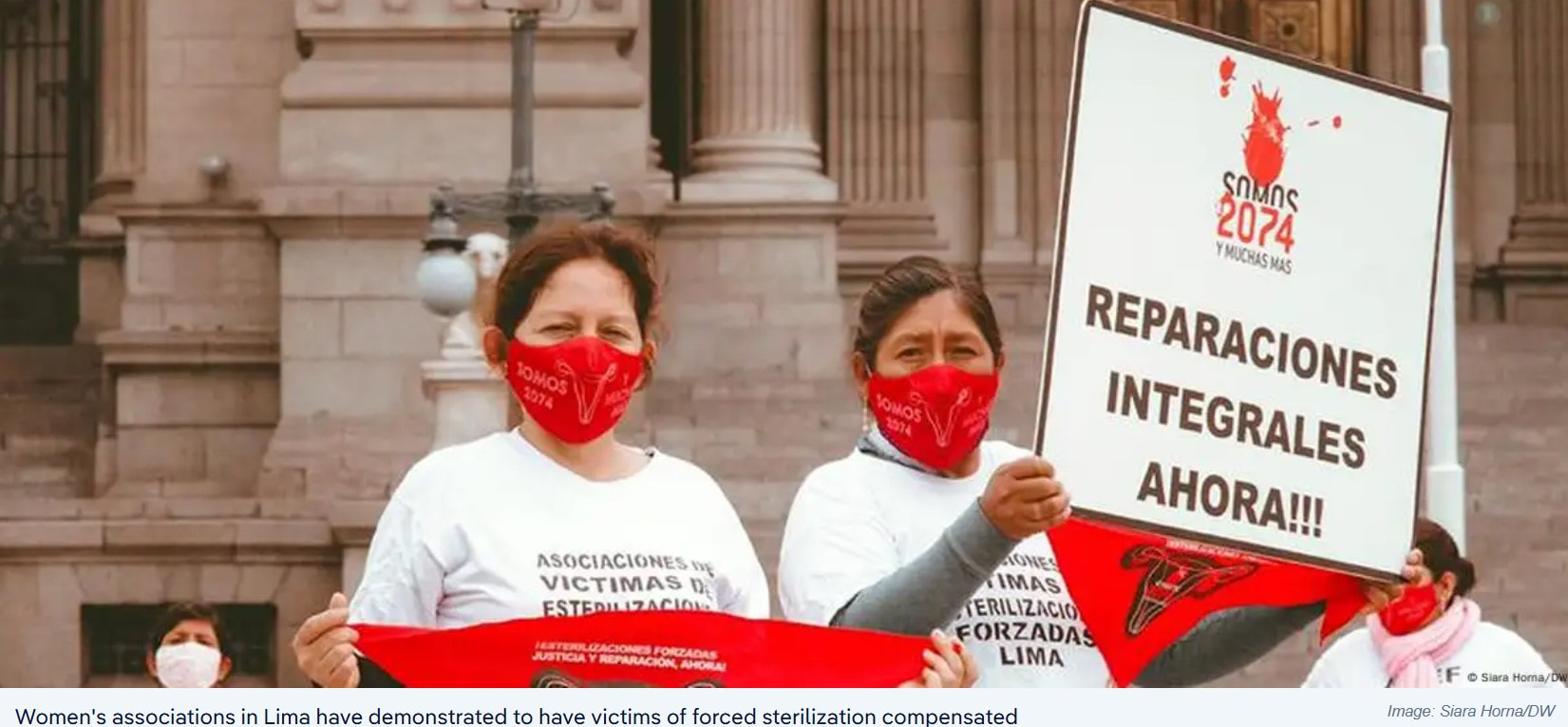18.05.2025
Forced Sterilization And Impunity In Peru
More than 300,000 women were sterilised under the guise of a family planning scheme, enacted by the government of ex-president Alberto Fujimori during the 1990s. Estimates suggest less than 10 per cent gave consent. For decades the women – who were primarily rural and indigenous – have fought for justice, eventually taking their case to the UN women’s rights committee in 2020 over the lack of effective investigations, accountability, and adequate reparations. In a landmark ruling, the UN committee found that Fujimori’s policy amounted to sex-based violence and intersectional discrimination. It also said that widespread and systematic forced sterilisation could constitute a crime against humanity under the Rome Statute, though such a decision would fall under the jurisdiction of the International Criminal Court. The forced sterilisations were carried out as “part of a systematic and generalised attack against rural and indigenous women”, and that the policy “resulted in the nullification and substitution of their reproductive autonomy”. It took years for the scale of abuse in Peru to become public knowledge, in part because it happened against the backdrop of a brutal internal conflict that left nearly 70,000 dead. Many of Fujimori’s supporters have continued to deny that forced sterilisations ever happened. The victims say they have also suffered severe and permanent consequences for their physical and mental health. Eighteen women died shortly from the operations, after the programme failed to ensure minimum health standards or provide proper pre- and post-operative monitoring, rights groups have said.
Credit: TRTWORLD
Credit: TRTWORLD
Poverty deprives people of adequate education, health care and of life's most basic necessities- safe living conditions (including clean air and clean drinking water) and an adequate food supply. The developed (industrialized) countries today account for roughly 20 percent of the world's population but control about 80 percent of the world's wealth.
Poverty and pollution seem to operate in a vicious cycle that, so far, has been hard to break. Even in the developed nations, the gap between the rich and the poor is evident in their respective social and environmental conditions.
Poverty and pollution seem to operate in a vicious cycle that, so far, has been hard to break. Even in the developed nations, the gap between the rich and the poor is evident in their respective social and environmental conditions.
